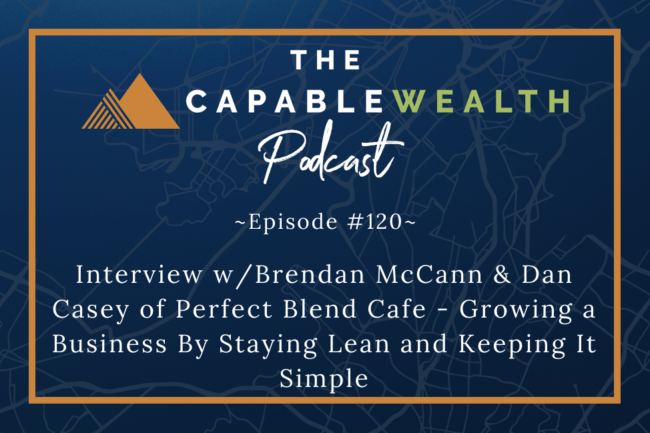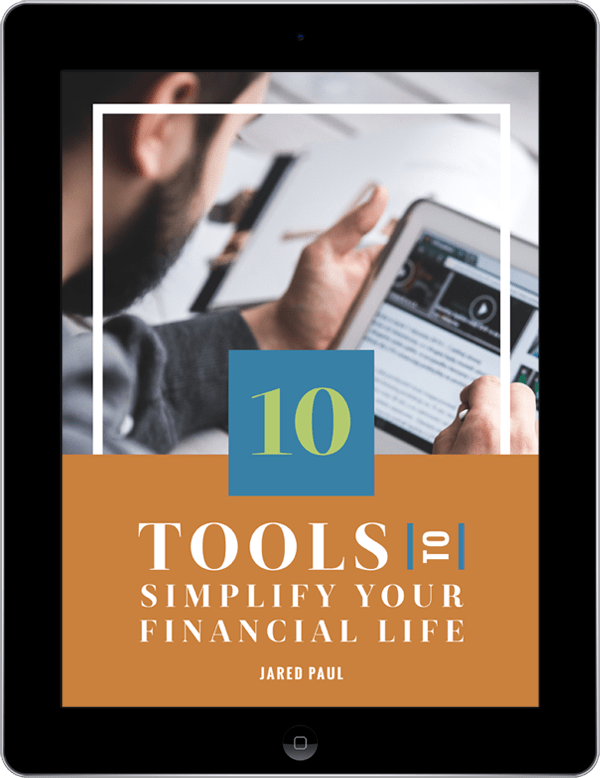No, I’m not talking about a balled-up wad of cash stuffed under your mattress. I’m talking about liquid assets that are easily accessible, like money in your checking or savings account.
This is similar to what’s typically called an “emergency fund” – an amount of money set aside to provide stability to your financial plan, and your life.
A DIME A DOZEN
There are certainly a lot of opinions out there.
The default number you hear in the finance industry is what you should have somewhere in the range of 3-6 months of income (before tax) saved up.
This is usually the preferred amount because it helps you weather a lot of storms, like medical emergencies, minor accidents, or a lay-off at work.
The average time it takes to find a new job ranges between 3 months to 6 months. With some estimates saying it should take up to 1-month per $10,000 of income you aim to earn (yikes!).
This is a big reason why you typically hear the 6-month of cash reserves as a savings goal.
INVESTMENT ACCOUNTS
But this is just your personal savings accounts. What about your investment accounts?
One of the most over-used sayings in the investment world is “cash on the sidelines.” It refers to the amount of cash people have sitting in their investment accounts “on the sidelines,” not being invested, and subsequently, not earning any investment return.
Investment managers will speak negatively about having cash on the sidelines because you are missing out on returns, and “hurting” your investment portfolio.
One of the issues you get into when financial planners are advising against holding too much cash is the conflict of interest.
CONFLICT OF INTEREST
The vast majority of financial planners get paid through what is known as an Assets Under Management fee, or AUM. This means they are paid a certain percentage of the investable assets you have held with them that they are managing.
The industry norm for this fee is around 1%.
The thing most people don’t realize is that most financial planners don’t get paid on cash that isn’t invested. This means they have a vested interest in making sure your money is being “put to work.” Otherwise, they aren’t getting paid!
This creates a potential conflict of interest and bias for the financial planner to want to make sure all of your money is invested, and earning a fee for them.
Even if it is recommended that you keep a certain amount of cash “on the sidelines,” the planner might be tempted to “advise” you to get it invested.
Just something to consider…
WARREN BUFFET LIKES CASH
Warren Buffet is one of the greatest investors of all time. He has built up a fortune worth $87 Billion. Wow!
One very sage thought I once heard from Warren is that he doesn’t look at holding cash as a bad thing. He actually considers it an option to buy some great future investment that just hasn’t presented itself yet.
Think about any time you’ve been presented with a great idea, but you just didn’t have the available money to take advantage of it?
If you are holding some cash, you will always be prepared to take advantage of that opportunity whenever it presents itself.
MENTAL ACCOUNTING
There is a Behavioral Finance concept known as mental accounting. It refers to the fact that we view different accounts with a different mindset.
For example, people tend to look at a savings or checking account much differently than a retirement account.
If you have cash built up in your retirement account, you are less likely to view this money as a source of readily accessible funds in case of an emergency. Or especially for something like going on a vacation.
We bucket the accounts in different parts of our brain and treat them differently.
The point is – having cash saved up in one account doesn’t mean the same thing as it does in another account.
SLEEP WELL AT NIGHT (SWAN)
One thing people usually forget to take into consideration is the psychological aspect.
In finance, we tend to get so bogged down by the numbers that we forget there are actual people these numbers are tied to.
The S.W.A.N. method is all about asking yourself what you are comfortable with.
We’re talking about how much cash you should have, so the question would be, “How much cash should I have that will allow me to sleep well at night?”
Even if you have a “perfect” portfolio, based on the expected returns, risk, etc. If it is a portfolio that you aren’t comfortable with, and it’s making you uneasy and keeping you up at night, then it isn’t the right portfolio (or level of cash) for you.
Remember, financial planning and working toward building wealth is about increasing the quality of life, not decreasing it.
If you are uptight and anxious about anything in your financial plan, it’s not serving its purpose!
Capably Yours,
















